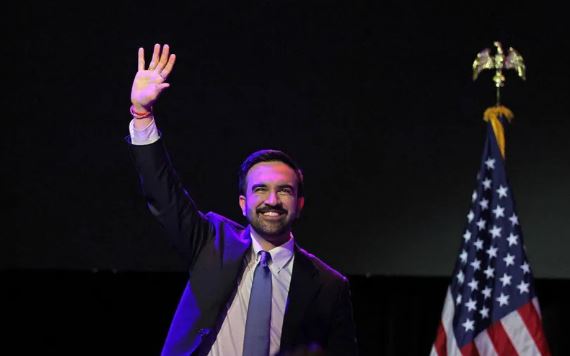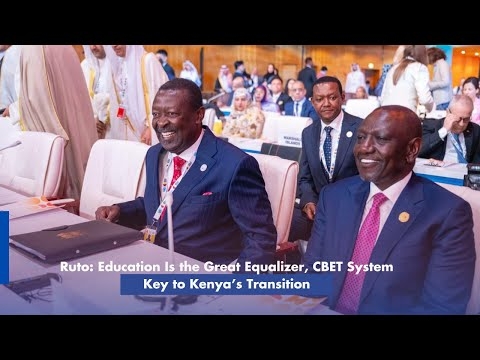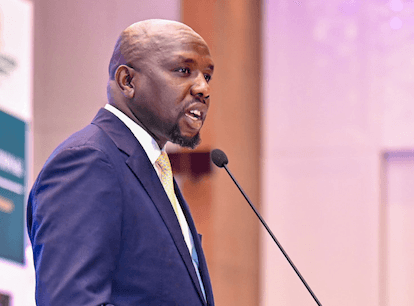 Zohran Mamdani is the the newly elected mayor of New York City./SCREENGRAB
Zohran Mamdani is the the newly elected mayor of New York City./SCREENGRAB
"A moment comes but rarely in history when we step out from the old to the new," Zohran Mamdani told a jubilant crowd in New York on Wednesday, quoting India's first prime minister Jawaharlal Nehru's midnight speech of 1947, when the country awoke to freedom.
"When an age ends and the soul of a nation finds utterance. Tonight we step out from the old to the new," Mamdani continued.
As Mamdani wrapped up his victory speech, the title track from the 2004 Bollywood hit Dhoom rang out across the hall - followed by Jay-Z and Alicia Keys' Empire State of Mind, now pulsing with new meaning as New York's first Indian-origin mayor made history.
Months earlier, Mamdani had turned Bollywood into campaign language, a nod to his South Asian roots - his mother is filmmaker Mira Nair, and his father, Mahmood Mamdani, a Ugandan-born scholar of Indian descent. On Instagram, he's recorded several messages in Hindi, often relying on playful imagery and dialogues from popular Bollywood films.
Invoking India's first prime minister on Wednesday was a final flourish.
Seventy-seven years ago, Nehru, in a sweltering Constituent Assembly hall in Delhi, had prefaced the lines borrowed by Mamdani with one of the most stirring openings in history: "Long years ago we made a tryst with destiny and now the time comes when we shall redeem our pledge, not wholly or in full measure, but very substantially."
"At the stroke of the midnight hour, when the world sleeps, India will awake to life and freedom."
It was just before midnight on 15 August 1947, and India was about to become independent after nearly two centuries of British rule. The words carried both elation and gravity - a promise of responsibility and of a nation finding its voice.
Many believe Mamdani's nod to Nehru's speech held out the promise that something new, untested, and potentially transformative had begun in New York.
Decades earlier, in another moment of awakening, Nehru had been evoking something far larger - a nation's rebirth.
Freedom, Nehru continued, as not an end but a beginning - "not one of ease or resting but of incessant striving". The service of India, he insisted, meant serving "the millions who suffer" and ending "poverty and ignorance and disease and inequality of opportunity".
He pledged that India's work would not be over "so long as there are tears and suffering", and urged unity over "petty and destructive criticism" to build "the noble mansion of free India where all her children may dwell."
The roughly 1,600-word speech by India's first prime minister has gone down as one of the most famous speeches in history.
The New York Times said Nehru had "electrified his countrymen with a speech of soaring eloquence". Historian Ramachandra Guha called it a speech "rich in emotion and rhetoric". Srinath Raghavan, a historian, told an interviewer that the "speech still resonates in India because it genuinely captured the moment in the way great speeches can".



















